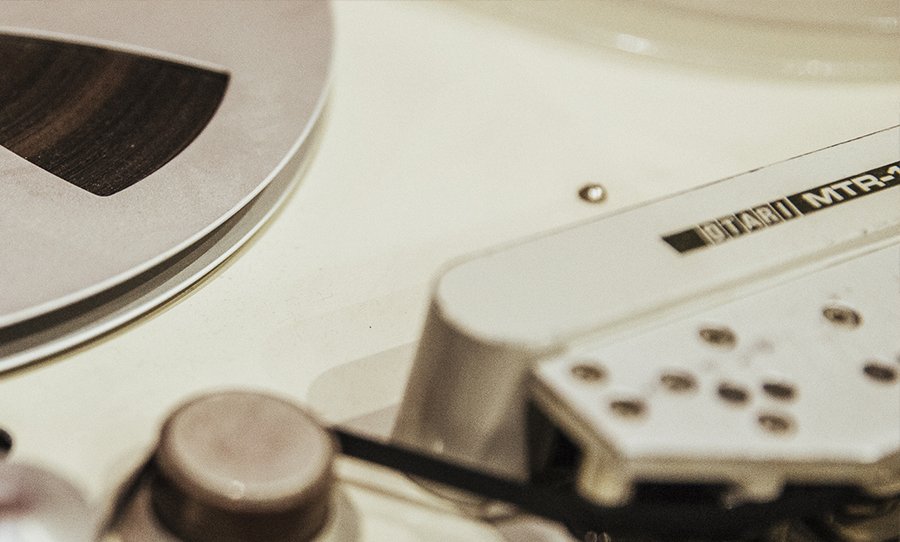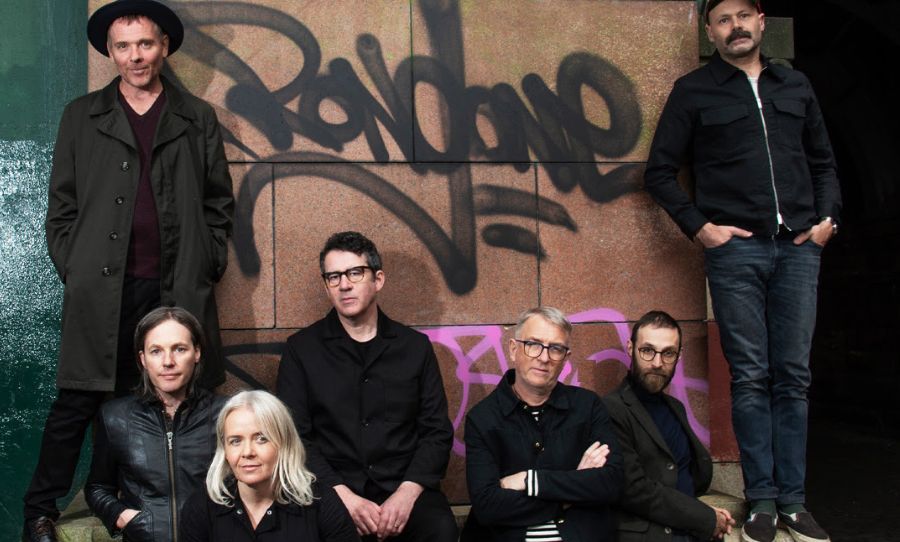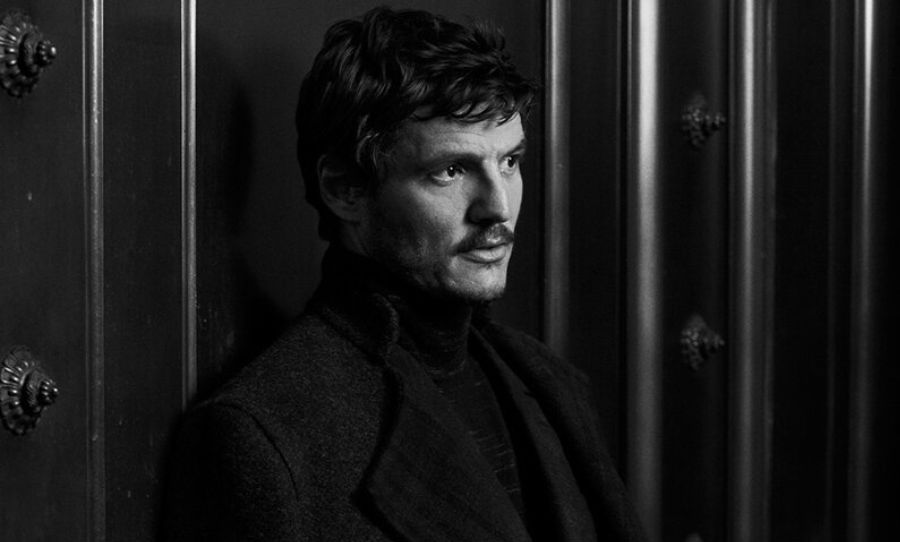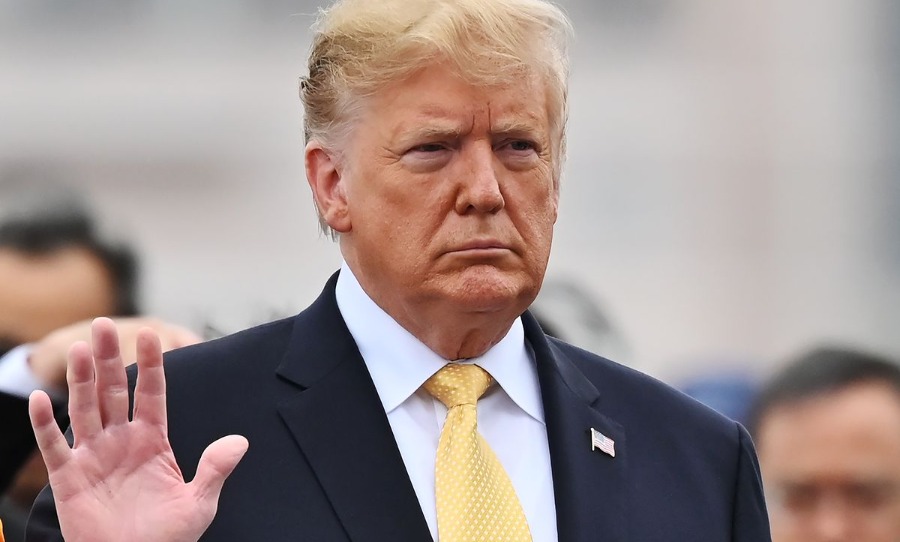A look at some of the things you should consider when deciding the best studio for you.
Making a record is a rare chance for an artist to create a lasting document and a definitive creative statement. It’s also a great leveller – from a debut studio release, to an artist at the peak of their fame, all aspire to create the best record they can.
Given the significance of the undertaking, the path to choosing a studio to create a recording can be littered with pitfalls. Yet, taking a few sensible factors into consideration can help you make the most informed choice. Here’s our guide to making the best decision when choosing a recording studio.
What’s Your Project?
Every project is different, no matter if it’s your first tentative step into the recording arena, or if you’re a seasoned touring band. As such, visualising the end goal is crucial before you invest in studio time.
It seems obvious that you should have your achievements in mind before you embark on a project, but being explicit in these goals is nonetheless important when communicating your vision with a studio.
Studios will have their particular slants and stylistic tendencies, depending on their capabilities. If the project requires a larger than life sound, with complex and colourful arrangements, then you will probably be best served with a larger studio space.
If you’re looking to record as organically and live as possible in search of a sound that’s infused with natural ambience, there will be studios that specialise in that process. Conversely, you could be a solo artist that requires a pristine acoustic space and an intimate production workflow.
These choices are imperative to flow of the sessions and there are studios out there to accommodate your specific needs.
Analog vs Digital
Increasingly, studios are offering sessions that prioritise an analog approach.
In the days of yore, when digital technology had not yet infiltrated the studio domain, the analog recording medium was simply the way. Nowadays, it’s firmly a choice of “flavour”, and while analog gear imparts a distinct tonal influence on the sound, whether or not it’s better than what digital recording can achieve is a matter of opinion.
Analog recording gear can also take different forms – for example, it’s quite common for the signal to fed through analog preamps or mixing consoles before they hit the analog to digital converters.
The choice that will have the most impact on a session is whether to record to tape or not. Recording using a DAW provides a convenience and speed that most of us take for granted, whereas recording on a tape machine will significantly change the workflow, but to some ears, will greatly enhance the sound and vibe of a recording.
Gear
The gear in a studio goes a long way to defining its character. Microphones, instruments, amps, hardware and other elements that make up the signal chain will be crucial in shaping a recording, so great studios lovingly curate a collection of gear based on their taste.
Most studios tend to display lists of microphones, instruments, consoles and outboard gear on their website so potential clients can browse through them at their convenience.
As with many elements of the recording process, value judgments regarding gear are largely subjective. Therefore, working with a studio that has a gear collection that’s slanted toward your taste might be an indication of shared philosophy toward production, thus a good fit for your project.
Variety is also a worthy consideration. A mic collection with a healthy blend of condensers, dynamics and ribbons, covering a broad range of sound sources is important. Also, a broad range of synths, organs, amps and percussion might end up being an essential for breathing new life into a song’s arrangement.
In short, a great gear list offered by people who have the know-how can elevate the sessions from so-so to special.
Space
The importance of space in a recording studio shouldn’t be underestimated. The size and materials used to furnish live rooms and control rooms will have a massive impact on the tones you’re hoping to create.
For example, tighter, more acoustically defined spaces will produce a “dead” sound. This means that microphones will pick up less reflected sounds, resulting in a clear, up-front tone. On the other hand, big rooms with more reflective surfaces will be less controlled but can yield unique results with careful microphone placement.
Sometimes the studio’s space may not be a question of tone, but creating a feeling between the collaborators that is conducive to creativity. A band may happily forgo some tonal control if it means that everyone can be together in the same room, sharing ideas and communicating freely. Another band might thrive in the pressure-cooker environment of a smaller studio with intricately separated sounds.
Of course, these examples are at the extremes, there’s all kinds of scope for everything in between. To this end, if you’re making the effort to invest in a recording, checking out the studio to see if it meets your spatial requirements is worthwhile.
Location
The choice of which actual geographical location you make a record is most often governed by practical convenience. There is, however, a large range of studios that have set up shop off the grid.
These places could be a tonic for the tedium of the rat-race and the country air could fill you with inspiration. They could also offer the quite pragmatic acoustic benefits of being surrounded by silence and space.
Others could be equally inspired by the activity of the big smoke. A place where the energy of art is all around and there are plenty of outlets for those inclined to get social in between long sessions.
In and of itself, where the studio is set won’t have any scientific bearing on the sound of a recording, but seeing as making this leap of faith is a life-sized investment for some, it’s well worth exploring your options.
Mixing and Matching
While most artists may not consider multiple studios when making a record, the ease at which recordings can be transported has made jumping from studio to studio not only possible, but in some cases the norm.
Established touring artists will often take advantage of studio spaces all around the world to record at the moment when inspiration strikes. Other times, seeking out different spaces is a necessity (for example, when recording large groups like orchestras).
Some spaces are famed for their particular drum sound, while others have just the right mic collection to capture the perfect vocal. Some may have a guitar collection to die for, while others possess a museum-like vintage outboard collection.
Another consideration that might sway your selection of studios is the stage of the project. It’s commonplace to do tracking and mixing in different environments. And while there’s definitely no rule against seeing a project through from beginning to end in one place, there can be benefits to having marked boundaries that separate recording and mixing processes.
People Power
Perhaps most significant in your search for a studio is the selection of personnel. Expressing musical ideas successfully is a collaborative effort – it requires an intuitive understanding from the production team in order to get the best performance from an artist.
Thus, it pays to do some research. Knowing producers and engineers that have worked on excellent records in your chosen style is a great start. Meeting with them and communicating your goals is important. This way, they can get the best out of you, and you, the best out of them.
Like artists, producers and engineers will have their idiosyncrasies. More often than not, this is a manifestation of their passion for the craft. Some tension in the process is a given, because emotional commitment from both sides of the glass is what’s required to get the most convincing and inspired recording. Making a record can be the most fun in the world and sometimes its harrowing. It can be emotionally taxing and uplifting in equal measures. In every case, the emotional investment from everyone involved is significant, so taking your time to make the right studio choice can save you a lot of unnecessary heartache and can be immensely rewarding.
Selection of gear, space, location and budget are all important factors, but choosing the right production and engineering experts to facilitate your vision, while adding strength to it, is equally important, if not more so.
The fact that we don’t know what a single, EP or album might sound like before the record button is hit is part of the allure of recording: it’s a leap of faith. Serendipity aside, being equipped with the right information before you step into that most hallowed of environments could make your experience pretty special.
Where To Record
There are dozens and dozens of professional recording studios in Australia (and probably thousands of DIY ones) to choose from. Here are some of our favourites around the country.
Melbourne
UPWARD Studios is a boutique recording, composing and production studio with a swag of awards, APRA nominations and charting songs under their belt. They specialise in vocal recording, production, songwriting, arranging and mixing. Get in touch with them here.
Sydney
Studios 301 is Australia’s most renowned recording studio. Yeah, they’ve recorded big names like Lady Gaga and Kanye, but they also work with heaps of local bands like Polish Club and DMA’s. Aside from Studio 1, they have a bunch of smaller studios and production suites, and offer affordable mixing and mastering services. Get in touch with them here.
Brisbane
Lush Studios is a world-class studio with an insane collection of vintage analogue gear. So if you’re a bit of a freak about that kind of stuff, wed definitely recommend checking them out. Amongst their inventory is a SSL 4048E console, four tape machines, Neve preamps and an insane variety of classic microphones. Get in touch with them here.
Adelaide
Chapel Lane Studios is located inside a beautiful church dating back to 1882 and is definitely somewhere to consider if you’re into working in an inspiring environment. The centrepiece of the studio is their massive SSL Duality 72 console and their Otari MTR90 tape machine. Get in touch with them here.
Perth
Owned and operated by Sam Ford, Tone City is a boutique recording studio located in Scarborough, just north of Perth City. They recorded the likes of POND, GUM, San Cisco, Peter Bibby, and Total Giovanni. Get in touch with them here.
This article was written in collaboration with the team at Enmore Audio, the recording studio and music tech arm of Happy Mag.



